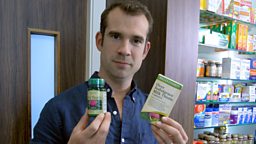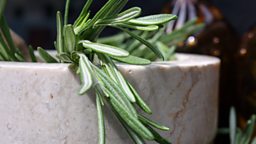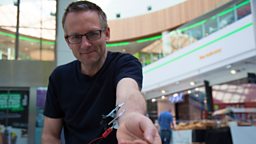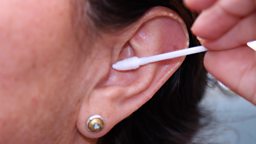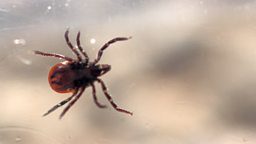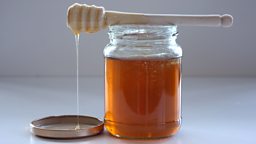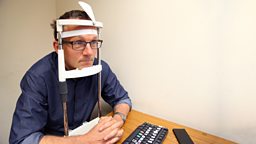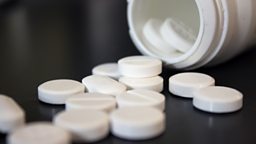How can I cure my hiccups?
We’ve all been tormented by hiccups at some point in our lives, and there is usually a well-meaning onlooker when who will immediately propose their own suggestion for the best way of getting rid of them. But with so many different remedies to choose from, the question is: are there any which actually work, or even better, are any supported by scientific evidence?

The hics
Hiccups occur when the thin layer of muscle underneath your lungs, your diaphragm, suddenly and involuntarily contracts. As your diaphragm tightens, it causes you take a sharp breath. But this rush of incoming air is stopped when the opening between your vocal cords, your glottis, closes suddenly. This produces the characteristic ‘hic’ sound!
Hiccups can occur spontaneously. Or there are lots of potential triggers, such as drinking alcohol, smoking, eating too quickly or eating spicy foods.
Moreover, there are a number of underlying medical conditions, like asthma, that can cause hiccups, and certain medications can also prompt a bout.
Hiccup cures
Most cases of hiccups should resolve on their own. But, if you just can’t wait there are a few popular home remedies worth a try.
Most home remedies are based on a few mechanisms.
Breathing exercises
In the first group are the methods breathing exercises that raise the levels of carbon dioxide (CO₂) in the blood, inhibiting spasms of the diaphragm. These techniques include holding your breath or slowing your breathing down. Although some people will swear that these techniques work, researchers are still unsure why. It may be that hiccups are caused by low levels of CO₂, so raising this will inhibit the hiccups, or some think it's a way of distracting the brain so that it worries about the build up of CO₂ instead.
Diaphragm Exercises
Hiccups occur when your diaphragm suddenly contracts, so there is a theory that hiccups can be stopped with diaphragm exercises. You could draw your knees up to your chest and hold them there for a couple of minutes. Or you can lean forward and compress your chest and relieve the spasm that way.
Shock to the system
Another school of thought for curing hiccups suggests doing something to distract your brain or stimulate your vagus nerve. For example, you could put some sugar on the back of your tongue and then wait until it dissolves before swallowing it, or suck a slice of lemon. Or you could try and give yourself a fright.
But, hiccups are very hard to study and even harder to induce, so while the mechanism seems obvious many of these ‘cures’ don’t have a vast amount of scientific backing.
Interactive guide

Digital Rectal Massage
There is one more extreme remedy, which has been medically proven… although you might not want to try it at home.
It was adopted by Francis Fesmire from the University Of Tennessee College of Medicine. After a man came to the emergency room complaining that he’d been hiccupping for 72 hours at up to 30 times a minute. After trying methods such as making him gag and compressing his eyeballs, the doctor recalled a case published the previous year in which a 71-year-old woman’s racing heartbeat had been slowed down by a doctor inserting a finger into her anus. He tried the same with the hiccupping patient and it worked.
He then published his paper in 1988 “Termination of intractable hiccups with digital rectal massage” for which he won an IgNobel prize.
It is true that most DIY remedies lack trial-based evidence. However, the mechanisms by which they might work do fit in with what’s known about hiccups physiologically, so do give them a go.


